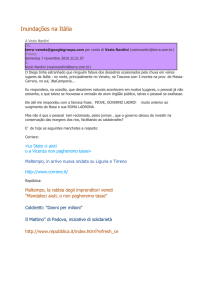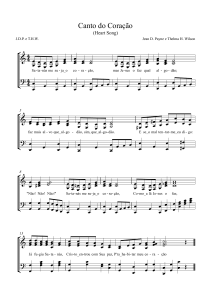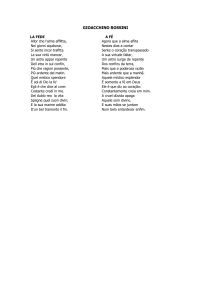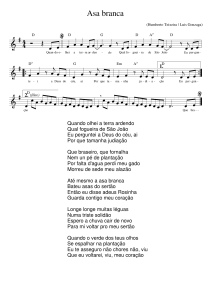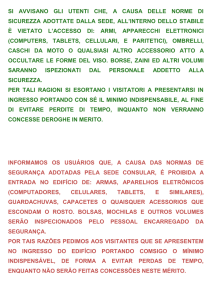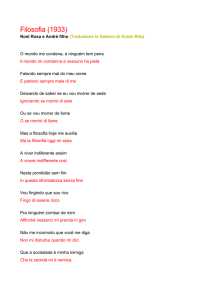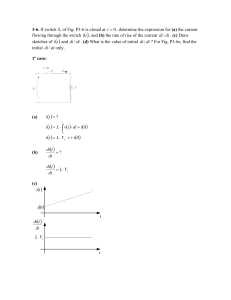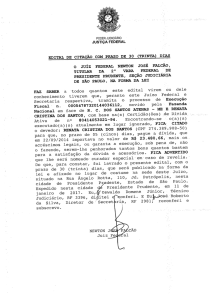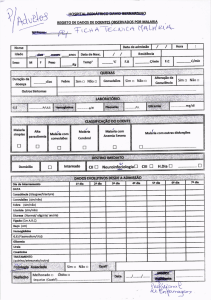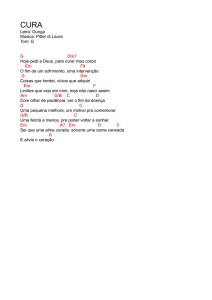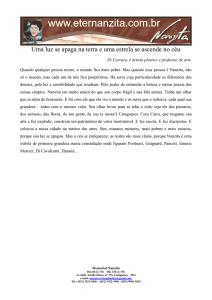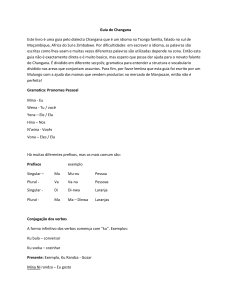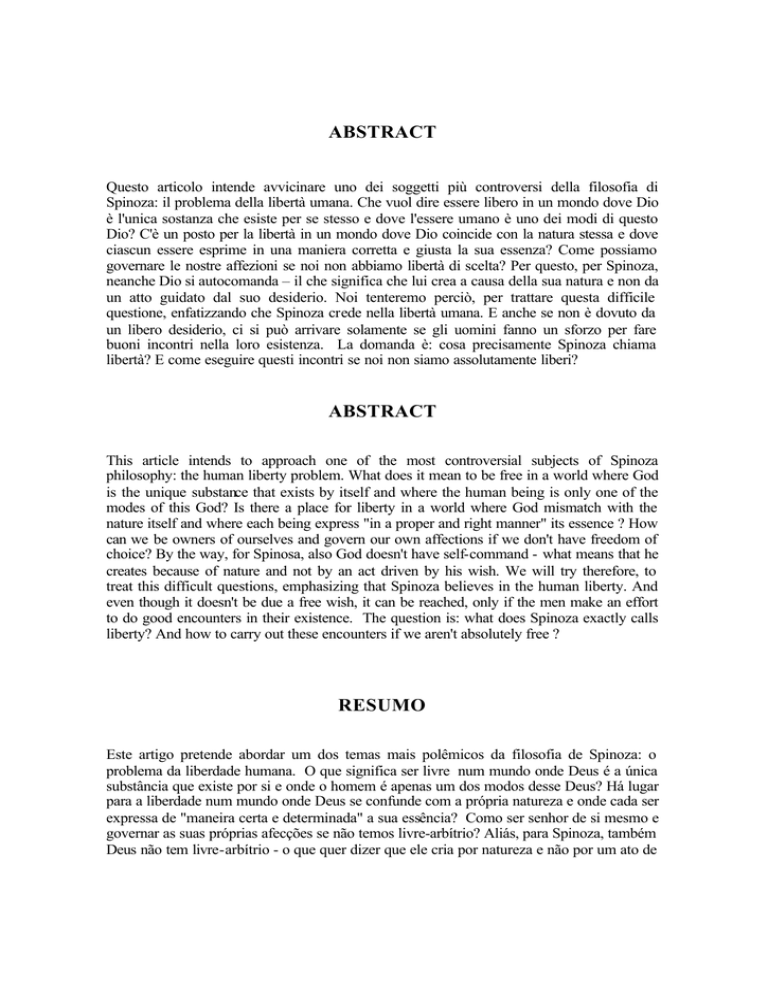
ABSTRACT
Questo articolo intende avvicinare uno dei soggetti più controversi della filosofia di
Spinoza: il problema della libertà umana. Che vuol dire essere libero in un mondo dove Dio
è l'unica sostanza che esiste per se stesso e dove l'essere umano è uno dei modi di questo
Dio? C'è un posto per la libertà in un mondo dove Dio coincide con la natura stessa e dove
ciascun essere esprime in una maniera corretta e giusta la sua essenza? Come possiamo
governare le nostre affezioni se noi non abbiamo libertà di scelta? Per questo, per Spinoza,
neanche Dio si autocomanda – il che significa che lui crea a causa della sua natura e non da
un atto guidato dal suo desiderio. Noi tenteremo perciò, per trattare questa difficile
questione, enfatizzando che Spinoza crede nella libertà umana. E anche se non è dovuto da
un libero desiderio, ci si può arrivare solamente se gli uomini fanno un sforzo per fare
buoni incontri nella loro esistenza. La domanda è: cosa precisamente Spinoza chiama
libertà? E come eseguire questi incontri se noi non siamo assolutamente liberi?
ABSTRACT
This article intends to approach one of the most controversial subjects of Spinoza
philosophy: the human liberty problem. What does it mean to be free in a world where God
is the unique substance that exists by itself and where the human being is only one of the
modes of this God? Is there a place for liberty in a world where God mismatch with the
nature itself and where each being express "in a proper and right manner" its essence ? How
can we be owners of ourselves and govern our own affections if we don't have freedom of
choice? By the way, for Spinosa, also God doesn't have self-command - what means that he
creates because of nature and not by an act driven by his wish. We will try therefore, to
treat this difficult questions, emphasizing that Spinoza believes in the human liberty. And
even though it doesn't be due a free wish, it can be reached, only if the men make an effort
to do good encounters in their existence. The question is: what does Spinoza exactly calls
liberty? And how to carry out these encounters if we aren't absolutely free ?
RESUMO
Este artigo pretende abordar um dos temas mais polêmicos da filosofia de Spinoza: o
problema da liberdade humana. O que significa ser livre num mundo onde Deus é a única
substância que existe por si e onde o homem é apenas um dos modos desse Deus? Há lugar
para a liberdade num mundo onde Deus se confunde com a própria natureza e onde cada ser
expressa de "maneira certa e determinada" a sua essência? Como ser senhor de si mesmo e
governar as suas próprias afecções se não temos livre-arbítrio? Aliás, para Spinoza, também
Deus não tem livre-arbítrio - o que quer dizer que ele cria por natureza e não por um ato de
vontade. Tentaremos, portanto, tratar destas difíceis questões, ressaltando que Spinoza
acredita na liberdade humana. E ainda que ela não seja fruto de uma vontade livre, ela pode
ser alcançada, desde que os homens se esforcem por produzir bons encontros em sua
existência. A pergunta é: o que exatamente Spinoza chama de liberdade? E como provocar
tais encontros se não somos absolutamente livres?

